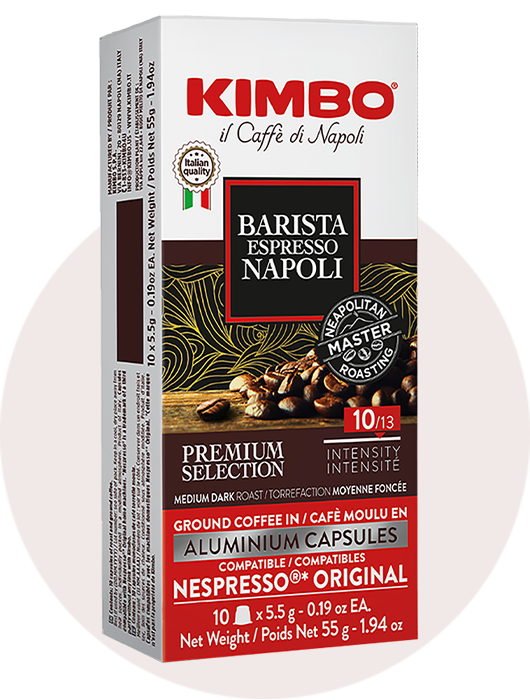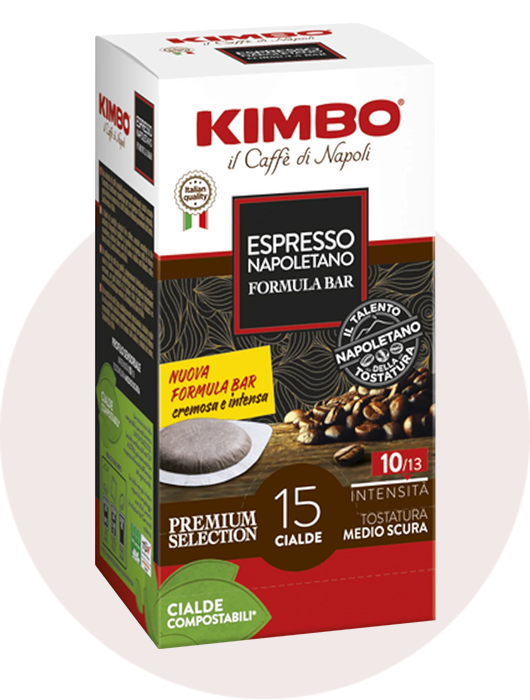Most of us depend on coffee to kickstart the day. But sometimes that morning cup turns against us—bringing queasiness, dizziness, or even shaking instead of energy. If you’ve ever wondered “why does coffee make me nauseous?” or “can drinking coffee make you nauseous all day?”—this guide is for you.
We’ll break down the real causes, including when it’s related to pregnancy, what brewing tweaks work, and the best nausea remedies to keep your ritual without the discomfort.
Coffee Nausea at a Glance
-
Drinking coffee on an empty stomach often irritates the stomach lining.
-
Excess caffeine can cause nausea, jitters, or dizziness.
-
Certain medications and health conditions make nausea more likely.
-
Additives like milk (if you’re lactose intolerant) or artificial sweeteners may upset digestion.
-
Pregnant women may feel nausea after coffee as hormones and caffeine sensitivity collide.
Why Coffee Makes Us Nauseous
Coffee on an Empty Stomach
Coffee increases stomach acid, and when your stomach is empty, that extra acid can irritate the lining and trigger nausea. Some people notice coffee makes them feel off, while others even wonder if their queasiness could be linked to pregnancy. The simple fix is to eat something light—like oatmeal, a banana with nut butter, or a slice of toast—before your cup.
Caffeine Sensitivity and Dose
Some tolerate 3–4 cups without blinking. Others get dizzy after drinking coffee or shaky after a single espresso. Genetics, sleep, age, and even hormone levels decide how fast your body clears caffeine. Go past your limit, and you get:
-
Nausea
-
Caffeine shaking or jitteriness
-
Heart racing
Coffee’s Acidity and Brew Strength
Coffee sits around pH 4.8–5.1. Hot brews often extract more acidic compounds than cold brew, which is why cold brew feels smoother and less irritating. Lighter roasts also tend to taste sharper and may upset sensitive stomachs.
Hydration Matters
Coffee acts as a mild diuretic, so if you’re already low on fluids, a strong cup can tip the balance and cause nausea or dizziness. Many people find that feeling dizzy and nauseous after coffee is often connected to dehydration. Having a glass of water before and during your cup can help.
Additives and Intolerances
That splash of milk? If you’re lactose intolerant, it could be the real trigger. Same with artificial sweeteners or flavored syrups—they can disrupt your gut and leave you queasy. Many find relief switching to oat, almond, or soy milk.
Freshness and Cleanliness
Old beans or unclean coffee gear can build up oils and residue. Drinking coffee with stale compounds can irritate digestion and make nausea worse. Stick to beans roasted within 30 days and keep your French press or drip machine clean.
Medication and Health Conditions
Coffee interacts with certain drugs—like fluvoxamine, ciprofloxacin, and theophylline—and slows caffeine metabolism, amplifying nausea. People with GERD, gastritis, IBS, or stomach ulcers are especially prone to nausea after coffee.
Coffee, Pregnancy, and Nausea
Pregnancy can bring extra sensitivity—hormonal changes, slower digestion, and a stronger response to caffeine. For many women, feeling nauseous after coffee is one of the first signs they notice.
Morning Sickness vs. Coffee Nausea
Morning sickness usually begins around week 6 of pregnancy. Not experiencing vomiting during pregnancy is not unusual—many people only feel nausea after eating or drinking, especially when it comes to coffee. Nausea after meals in early pregnancy is quite common, particularly with acidic foods and drinks, with coffee being one of the most frequent triggers.
Safe Coffee in Pregnancy
Pregnant women can drink coffee, but most guidelines recommend keeping caffeine intake under 200 mg per day, which is about the amount in one small cup. Coffee during pregnancy may provide some benefits, such as antioxidants and improved alertness, but these need to be carefully balanced against potential risks. It’s generally best to have coffee after food, and options like decaf or cold brew can be gentler choices to help reduce irritation.
Fixing Coffee-Induced Nausea
Here are proven approaches:
Adjust Timing and Serving
-
Eat first.
-
Sip slowly instead of gulping.
-
Split coffee into smaller cups across the morning.
Brew Smarter
-
Try cold brew or darker roasts.
-
Dilute espresso into an Americano.
-
Grind coarser to reduce acid extraction.
Rethink Additives
-
Switch to plant-based milk.
-
Drop artificial sweeteners.
-
Keep syrups minimal.
Hydrate Strategically
-
One glass of water before coffee.
-
Alternate sips of water and coffee.
-
Use electrolyte water if you’re sweating or feeling dizzy.
Try Decaf or Half-Caf
-
If coffee makes you nauseous all day, lower caffeine is often the answer.
-
Mix half decaf with regular beans to keep flavor but reduce impact.
Home Remedies for Nausea
If you’re already queasy, home remedies for nausea and upset stomach can help:
-
Ginger tea or ginger candies (classic home remedy vomiting solution).
-
Plain crackers or toast to soak up acid.
-
Banana or applesauce for easy digestion.
-
Peppermint tea to calm stomach muscles.
These nausea home remedies are safe for most, including during pregnancy.
When to Seek Medical Advice
-
Persistent nausea after every cup.
-
Coffee-induced nausea tied with dizziness, shaking, or chest discomfort.
-
If you’re pregnant and nausea feels severe or unmanageable.
-
If medication interaction is possible.
Key Takeaways
Coffee nausea comes from predictable triggers: empty stomach, caffeine overload, acidity, dehydration, additives, medications, and pregnancy-related changes. The good news—there’s almost always a fix.
Eat first, hydrate, brew smarter, and adjust your dose. If nausea continues, decaf or medical advice might be the next step.






